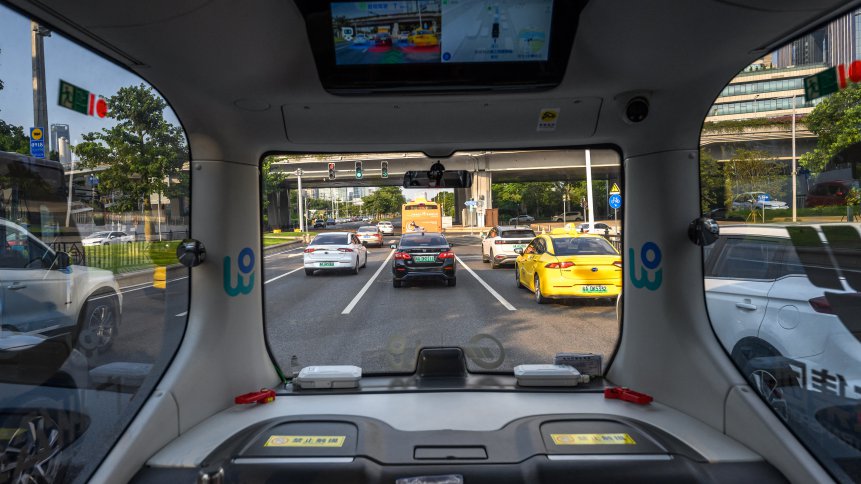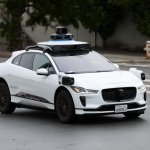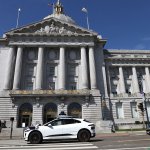The US plays catch up with China as lawmakers seek self-driving legislation

- Self-driving in the US might get a push with a bipartisan Congressional Autonomous Vehicle Caucus.
- Two US lawmakers plan to unveil the Caucus to educate other lawmakers on the importance of self-driving vehicles — all while working on reviving the legislation.
- Both lawmakers, in an interview with Reuters, reckon the importance of maintaining competitiveness in the US- using local technology, not from China.
This week in China, search engine giant Baidu announced that it has secured a permit to operate the country’s first-ever fully self-driving licensed robotaxis, winning an early lead in the race to launch autonomous cars in the country. Shortly after the news surfaced, two members of the US House of Representatives came forward to share their intention to launch a bipartisan effort to help revive legislative efforts to boost self-driving vehicles in the country.
For context, the US and China have been head-to-head in the race to become the first country to embrace autonomy. China has been leading the race, which is understandable considering the country’s commitment to both smart and connected vehicles and fast track regulatory changes. That in turn has given China the head start it needed, especially for domestic brands.
In contrast, US lawmakers have been divided for years over how to amend regulations to encompass self-driving cars, including the scope of consumer and legal protections. In 2017, the House of Representatives passed legislation to speed the adoption of self-driving cars and bar states from setting performance standards, but the bill never saw the light of day, having failed to pass in the Senate.
Although Europe and the US remain the geographies with the highest penetration of self-driving vehicles, stricter road safety regulations and lack of standardization have been restricting fast deployment. That may soon change in the US, according to representatives Robert Latta, a Republican, and Debbie Dingell, a Democrat. In a joint interview with Reuters, they shared their plans to unveil the bipartisan Congressional Autonomous Vehicle Caucus.
The bipartisan Congressional Autonomous Vehicle Caucus will help educate fellow lawmakers on the importance of self-driving vehicles — while they work to revive legislation. “We’re working hard to find that common ground to get something that we can pass,” Dingell said, adding that the US must update motor vehicle safety standards written decades ago, which exclusively assume human drivers are in control. “We cannot afford to have a patchwork of laws either across 50 states.”
Just last month, the US National Highway Traffic Safety Administration said General Motors and Ford Motor had asked for exemptions to deploy up to 2,500 self-driving vehicles annually without human controls like steering wheels and brake pedals, the maximum allowed under current law. “It’s important we keep our competitiveness in the US, [and ensure] that we are using US technology, that it is not coming from China…It’s got to be done here in the US,” Latta said.
However, Latta also acknowledged that self-driving car legislation might not pass until the next two-year Congress, that will open in 2023. “It’s important that we get members involved from all over the country. This is something that is going to affect everybody,” Latta told Reuters. The report also noted that Senators Gary Peters and John Thune have also been working on autonomous vehicle legislation.
They previously proposed giving the National Highway Traffic Safety Administration (NHTSA) the power to initially exempt 15,000 self-driving vehicles per manufacturer from current federal motor vehicle safety standards, a figure that would rise to 80,000 within three years.










